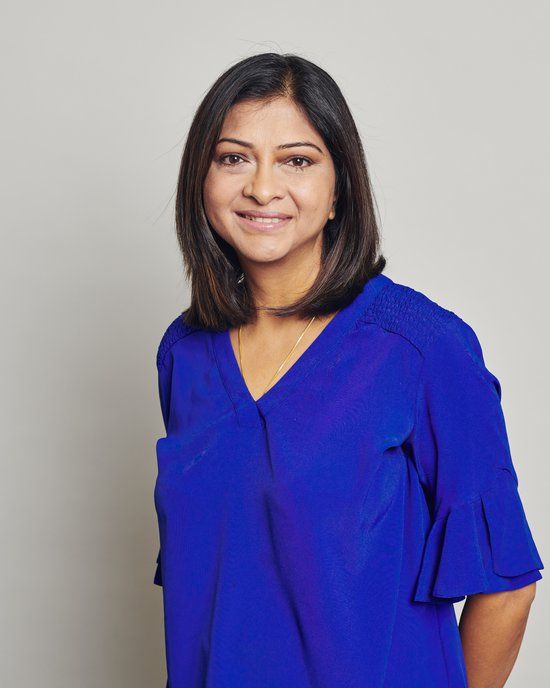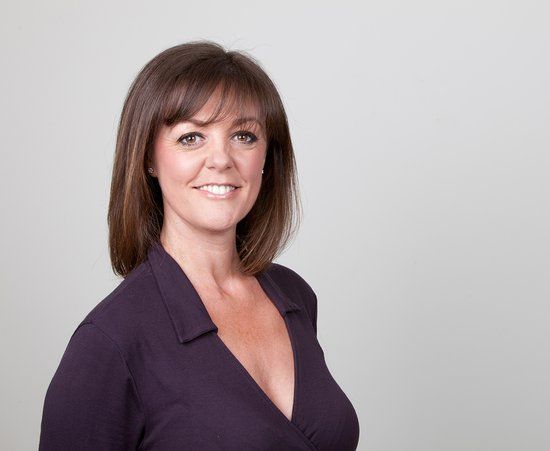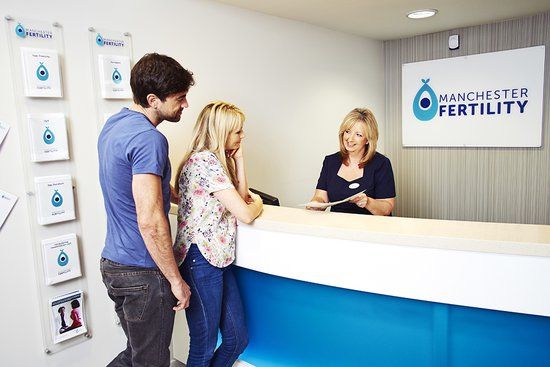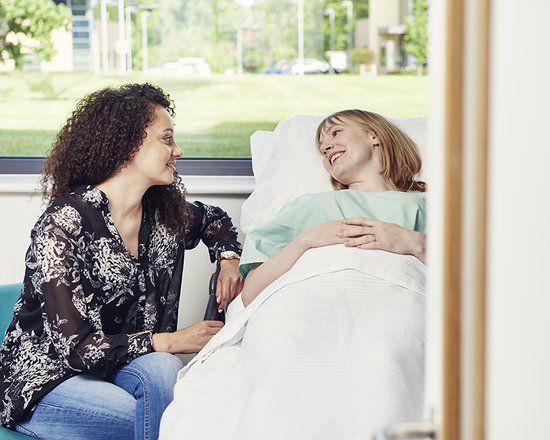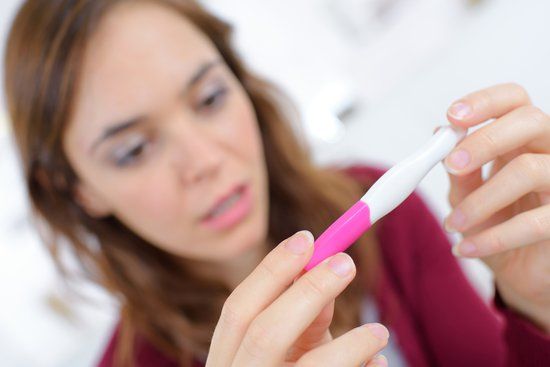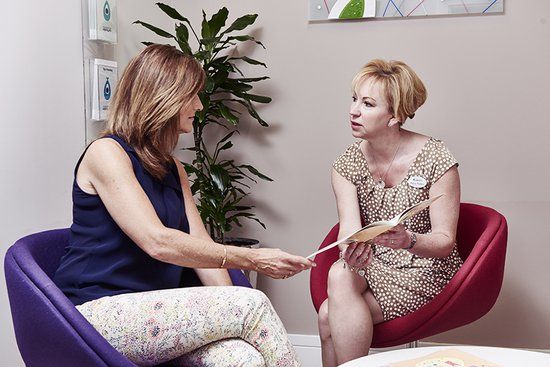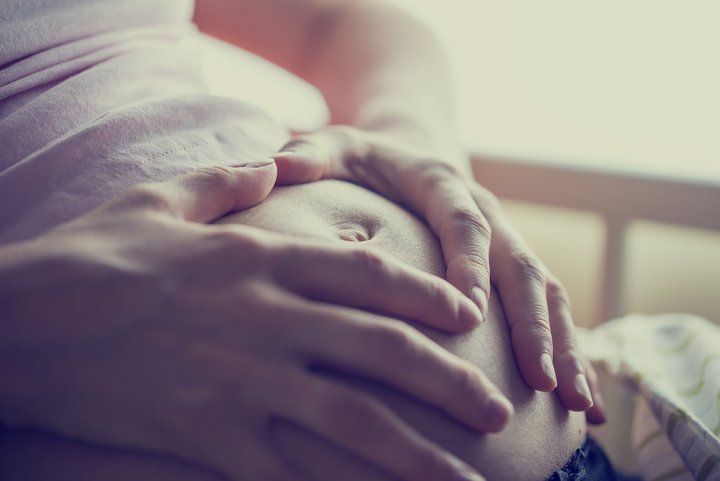
Planning to have a baby in 2016? Here’s some top tips on getting pregnant from our fertility experts:
Check your fertility status
Many people assume they’ll start trying for a baby and they’ll conceive quickly. But when months pass with no success, that’s the time you should start to think about fertility testing. Many people aren’t even aware they have a fertility problem until they start trying to get pregnant. So it’s a good idea to check first that there isn’t anything that could stop you or your partner conceiving naturally. Our fertility testing is available to anyone, you do not need to be a registered patient to book in. For women, testing looks at your hormone levels, ovarian reserve and in a full Fertility MOT, includes ultrasound scans of your reproductive system. For men, sperm is analysed to ensure that it is capable of reaching the egg and that there are no problems with mobility, shape or sperm count. Or you can visit your GP, who can arrange investigations through the NHS.
Prepare your body
The link between a diet and fertility is well published. Women with a high BMI are more likely to have trouble conceiving and an increased risk of pregnancy complications. It makes sense for both you and your partner to ensure you’re at your healthiest before you start trying for a baby. So make dietary and lifestyle changes – cut back on alcohol, stop smoking, eat a healthy sensible diet and try to lose weight. If you need tailored dietary advice bespoke for you, our consultant nutritionist Jeannette Jackson is available for private appointments and through special workshops. She can advise you on diet, stress and wellbeing.
At-home help
Knowing when you’re ovulating is key to getting pregnant naturally, but this can be difficult if you have an irregular cycle. Use ovulation prediction kits at home to help you pinpoint the optimum time for intercourse. These simple kits analyse hormone levels in your urine and tell you the ideal window for conception.
Give yourself time
If you don’t fall pregnant straight away, don’t panic. It may take you a few months to successfully conceive. It doesn’t mean you have a fertility problem. Speak to your GP if you are worried, they will advise you how long you should try for, before they will refer you for further investigations. If you’re an older woman, we always advise you seek help sooner rather than later, as if you do need help to conceive, success rates are higher the younger you are.
If you have any questions about our services including fertility testing and dietary and nutrition consultations and workshops, call our friendly Patient Advisors on 0161 300 2737.
Last updated: 8th January 2016

